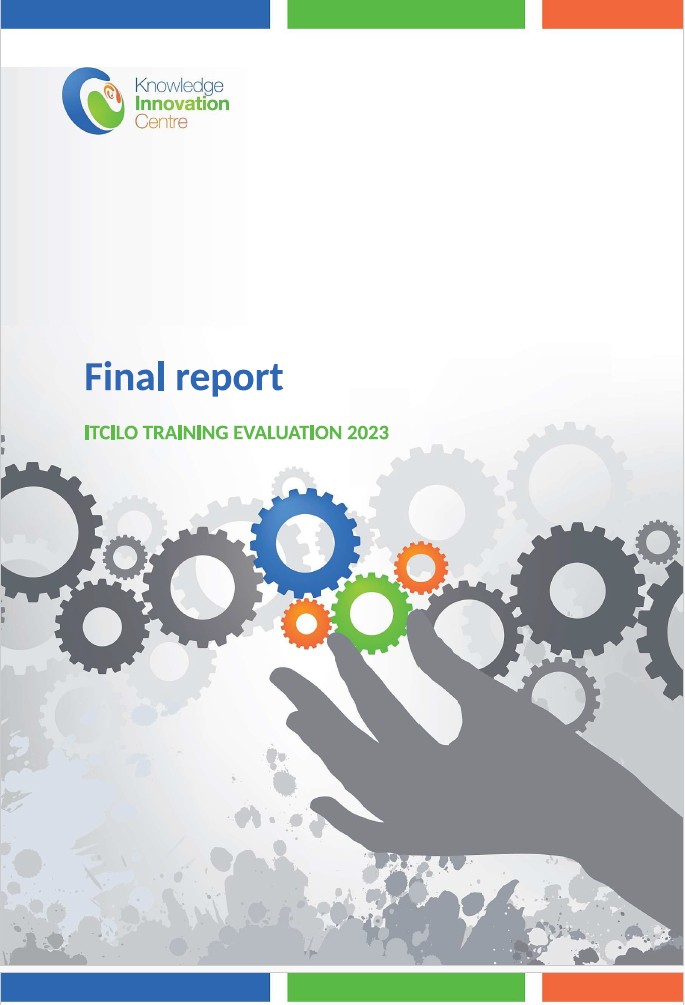Project description
This project delivered an evaluation of the design, implementation, and quality of training activities carried out by the International Training Centre of the International Labour Organization (ITC) during the year 2022.
The evaluation
- focused on the relevance, validity, coherence, effectiveness, efficiency, impact and sustainability of its training activities
- provided a comparative analysis of the different modalities of training offered by ITC, namely face-to-face, blended and online.
- was based on the OECD DAC evaluation principles, encompassing relevance, outreach, validity of activity design, effectiveness, efficiency, and impact orientation of the activities.
KIC role
We served our partner as external validator. We
- assessed 50 sampled training activities and a diploma programme conducted by the ITC in 2022
- conducted quantitative and qualitative evaluations
- provide conclusions and recommendations backed by statistical data and case studies documenting good practice
- collected 626 responses were from a participant’s survey
- conducted in-depth interviews with ITC’s staff members, institutional partners, and participants


